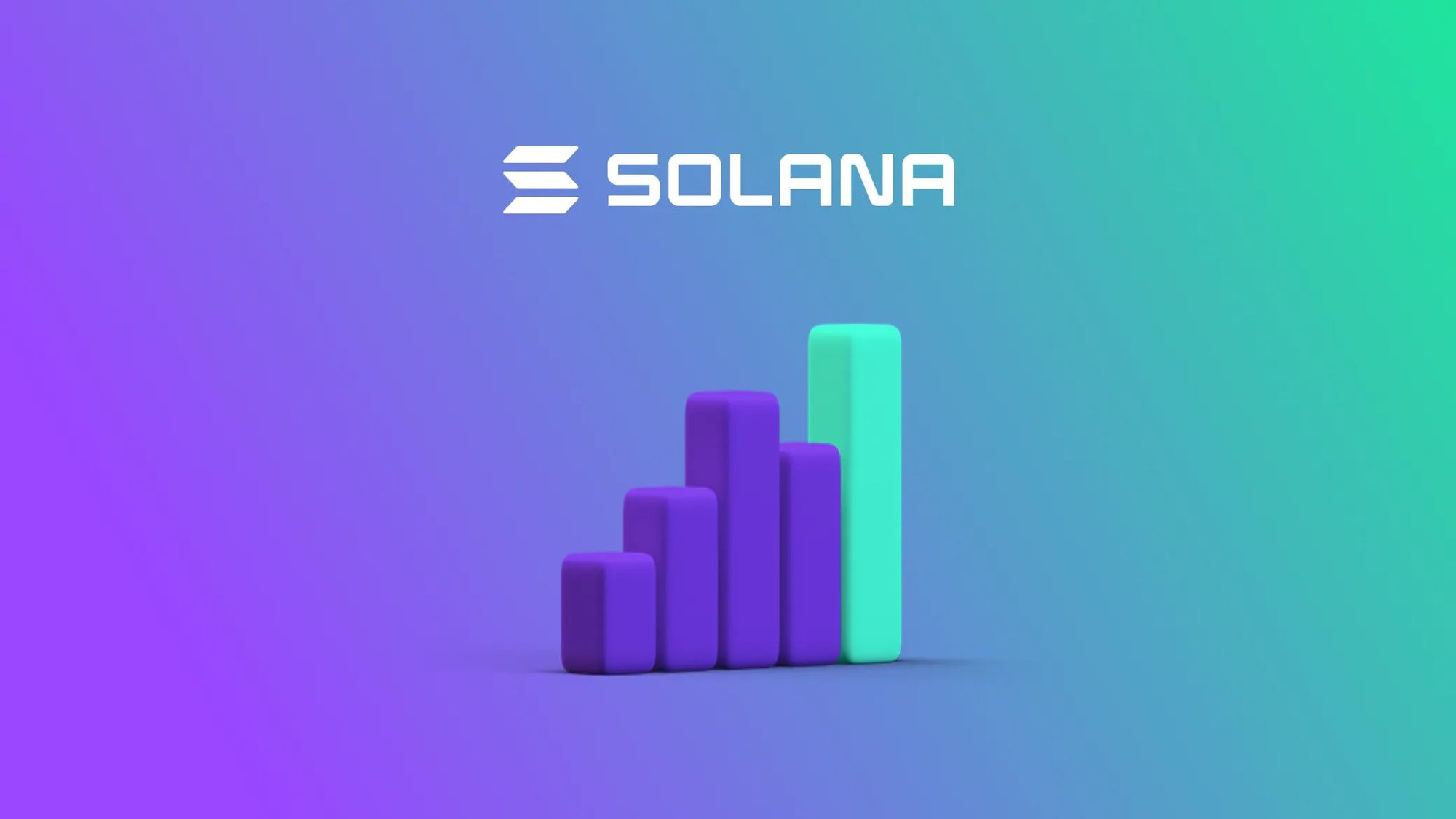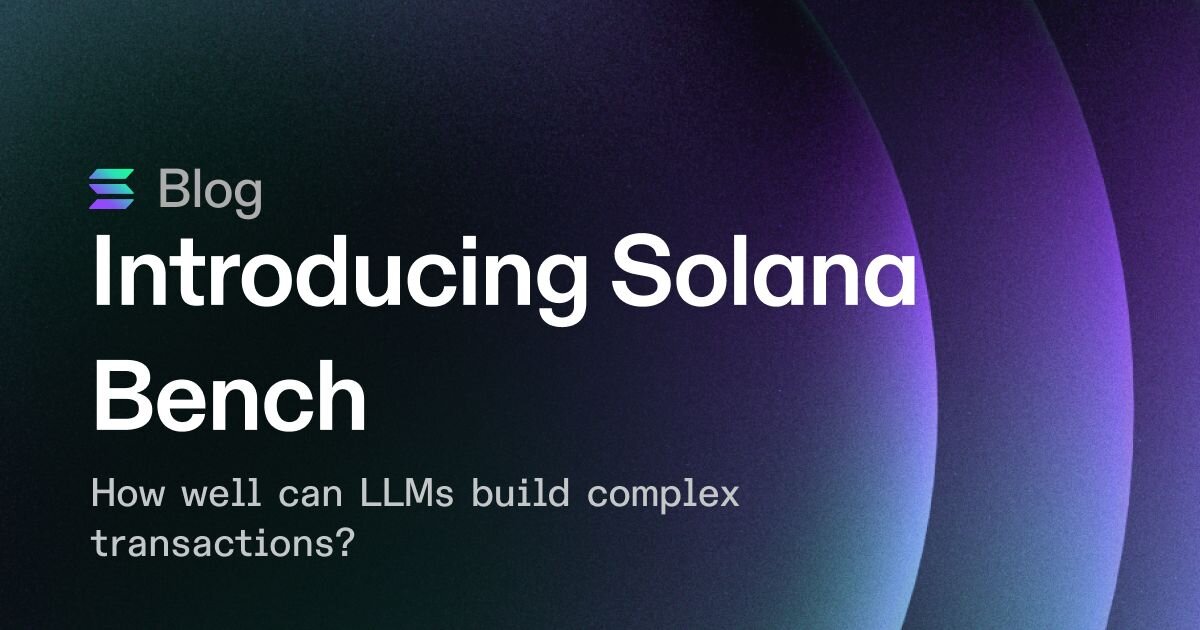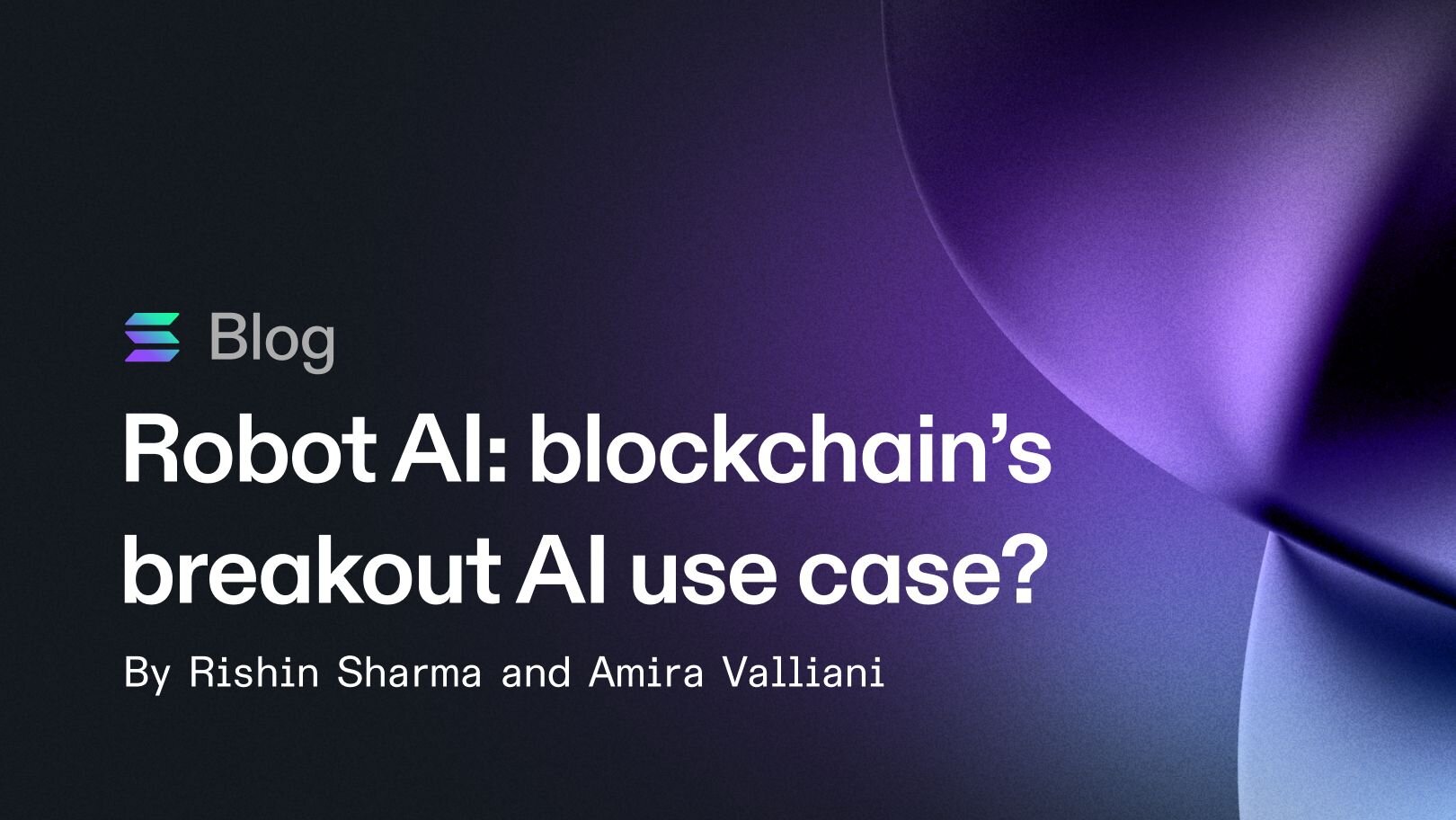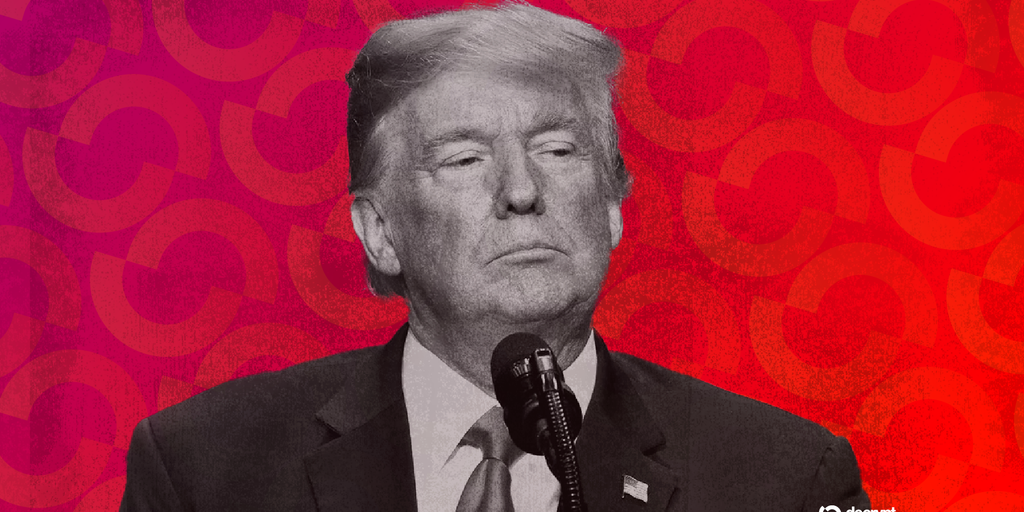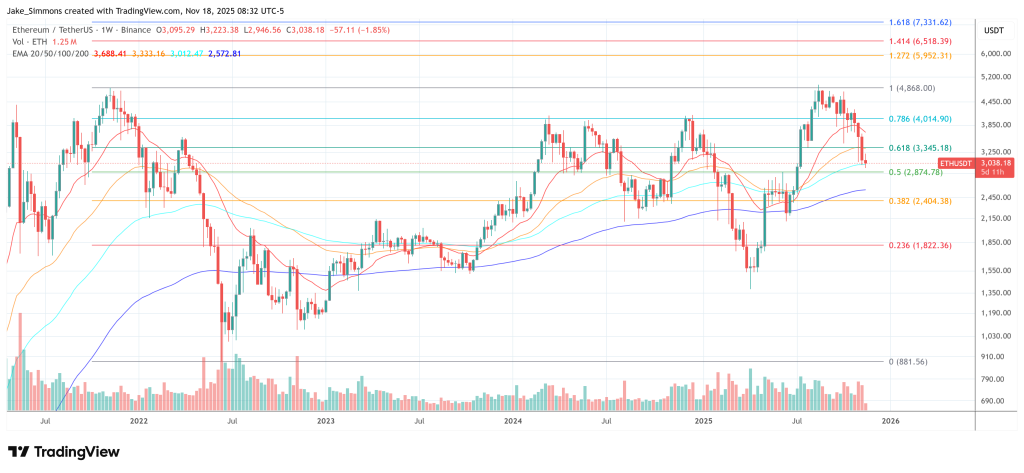Appendix A: Validators on the Solana Network
The number of validators on a blockchain plays a crucial role in the overall resilience of the network. When a user executes a contract on a blockchain, it’s essential for them to be confident that their transmission will be recorded accurately and securely.
Why Do We Need a High Number of Validators?
EACH transmission on a blockchain ideally needs to be recorded on every validator on that chain. This ensures that a user can be confident that their message is accurately recorded and won’t be tampered with. The more times that a message is recorded, the more confidence a user can have in its accuracy and integrity.
Data on Validators on the Solana Network
Consensus Nodes
Consensus nodes are critical to the functioning of the network by providing two essential functions: (1) creating and proposing new blocks to the rest of the network, and (2) voting on the validity of new blocks proposed by other nodes on the network.
Each block contains many messages submitted by various users and applications on the network. Every consensus node independently verifies all new messages in a proposed block before voting on its validity. The more nodes that participate in this consensus process, the more confidence a user or third-party has that a change to the network or transaction was verified by a large population.
RPC Nodes
Remote Procedure Call (RPC) nodes act as an application’s gateway to the Solana infrastructure. RPC node operators can offer API, indexing, or other services to provide a convenient interface for users and applications to the core Solana network. These nodes are often commissioned or run by individual applications and are dedicated to a specific task, rather than maintaining consensus on the blockchain.
Like consensus nodes, RPC nodes independently verify all new blocks and changes to the network. However, they do not participate in voting.
Critical Factors for Network Health
- User Confidence: Users must feel confident that their submission will be recorded accurately, regardless of circumstances. This is why a large number of copies of the current state should be available on many nodes, and these nodes should exist in a broad distribution across the world.
- Node Independence: Nodes must operate independently of each other. A failure of a single node or set of nodes (for example, run by a single entity or in a particular geography) should not impact the functioning of the network.
- Verifiable Submissions: Users must be able to verify the accuracy of submissions by looking at other nodes. If a single node goes down or experiences issues recording a message, users can rely on other nodes to verify the accuracy of the blockchain.
- High Uptime Percentage: Nodes or sets of nodes must maintain high uptime percentages. Having a high uptime percentage ensures users are confident their submissions will be recorded accurately, and they can verify the accuracy of submissions.
Conclusion
The number of validators on the Solana network plays a critical role in ensuring the health and resilience of the network. A large number of validators, along with their ability to operate independently and verify submissions accurately, helps to create a robust and reliable system for users and applications to interact with the network.
FAQs
Q: What is the ideal number of validators on the Solana network?
A: There is no clear number for how many nodes is enough. What’s important is that the nodes operate independently, verify submissions accurately, and maintain high uptime percentages.
Q: How do consensus nodes differ from RPC nodes?
A: Consensus nodes create and propose new blocks to the network and vote on their validity, whereas RPC nodes do not vote and provide a convenient interface for applications to the Solana infrastructure.
Q: Why is having a high number of validators important?
A: A high number of validators ensures that every transmission on the blockchain is recorded accurately and securely, and users can be confident in the accuracy and integrity of the network.

